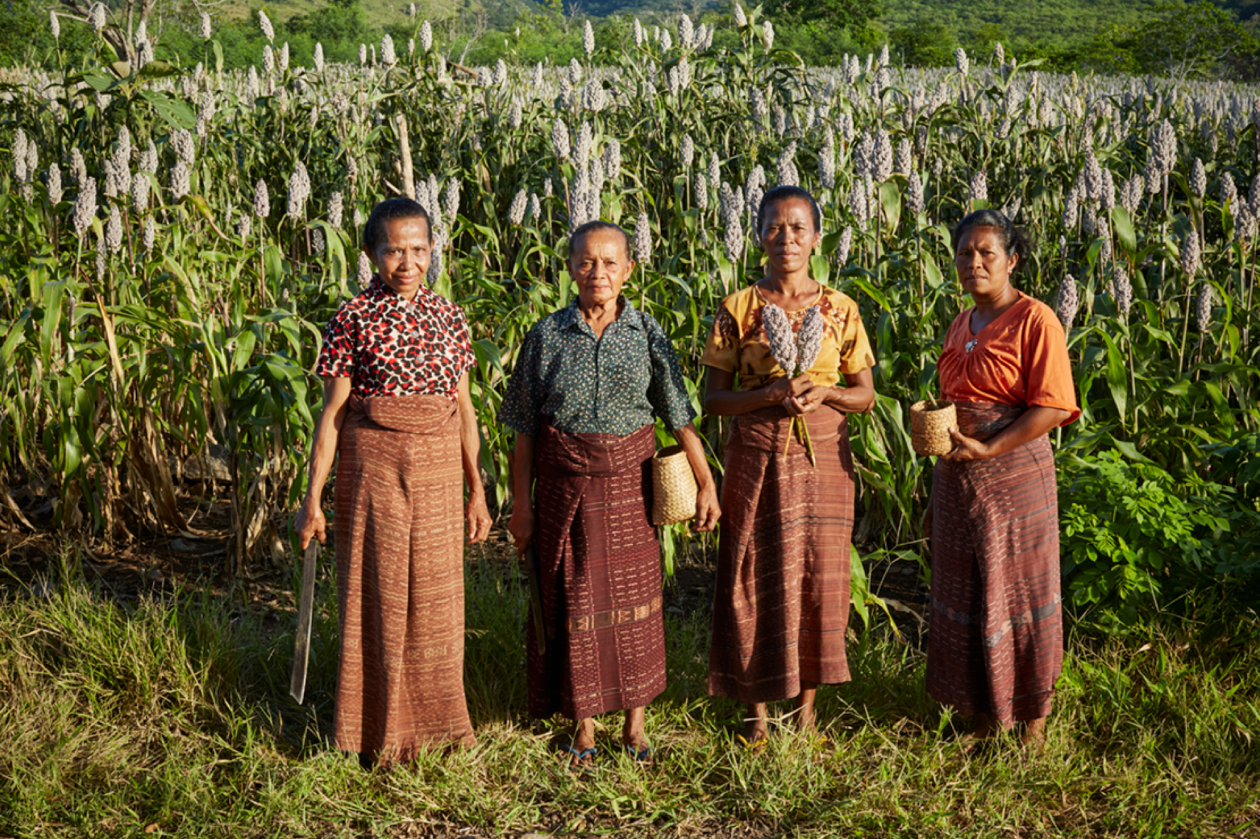![]()

We all need to eat. Yet, as the global population grows, our current agricultural system impacts more than just access to food. In fact, agriculture plays a critical role in protecting – and sometimes hurting – our planet.
It is estimated that the current food system is responsible for 30-50% of global greenhouse gas emissions. Beyond climate change, the rise of industrial agriculture has also led to mass deforestation to clear land, biodiversity loss, and the expanded use of harmful pesticides and chemicals.
In “Soil to Sky: Climate Solutions That Work,” a report written by the CLIMA Fund, agroecology is explored as a solution driven by grassroots activists. Agroecology is a return to traditional and localized farming systems based on ecological best practices, and is a way of producing food that many grassroots activists are turning to as they aim to save the planet.
Today, on World Food Day, meet three grantees adopting agroecological practices and changing the course of the global food system:
- Indonesia: Community leader Maria Loretha revitalized the use of sorghum across Indonesia, replacing rice farming encouraged by the government that threatened local access to food. The results? Less water, no chemical fertilizers, and freedom from a devastating cycle of drought and poverty.
- Tanzania: Local women on the slopes of Mount Meru are taking to traditional beekeeping. They’re producing Nyori honey from local bees, which has become so popular for its taste and medicinal purposes that it has attracted the interest of the Slow Food Foundation for Biodiversity.
- India: Since 1998, our grantee and retired teacher Natabar Sarangi has collected over 350 seed varieties with the goal of saving India’s traditional farming practices, after the detrimental impacts of the Green Revolution. More than 100 farmers currently travel from across India to get organic seeds from Natabar each year, where he then trains them on sustainable farming techniques.
Agroecology is a powerful tool that uplifts communities, restores the natural environment, and helps us fight climate change. Help us support local communities who are seeding a sustainable future.
Photo credit: Martin Westlake
